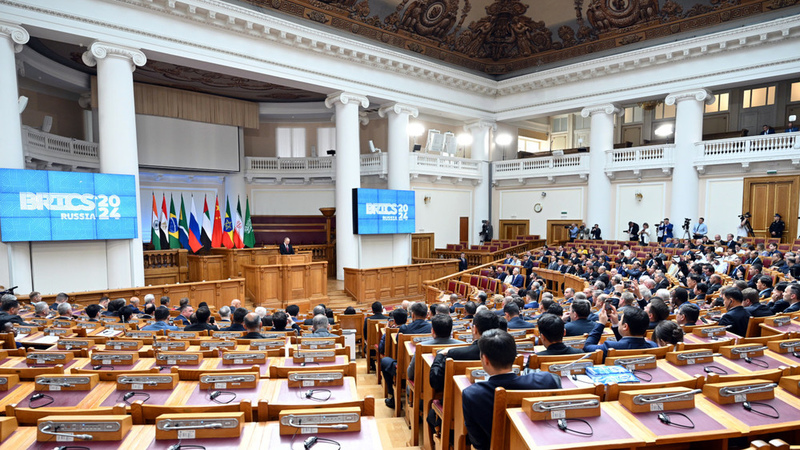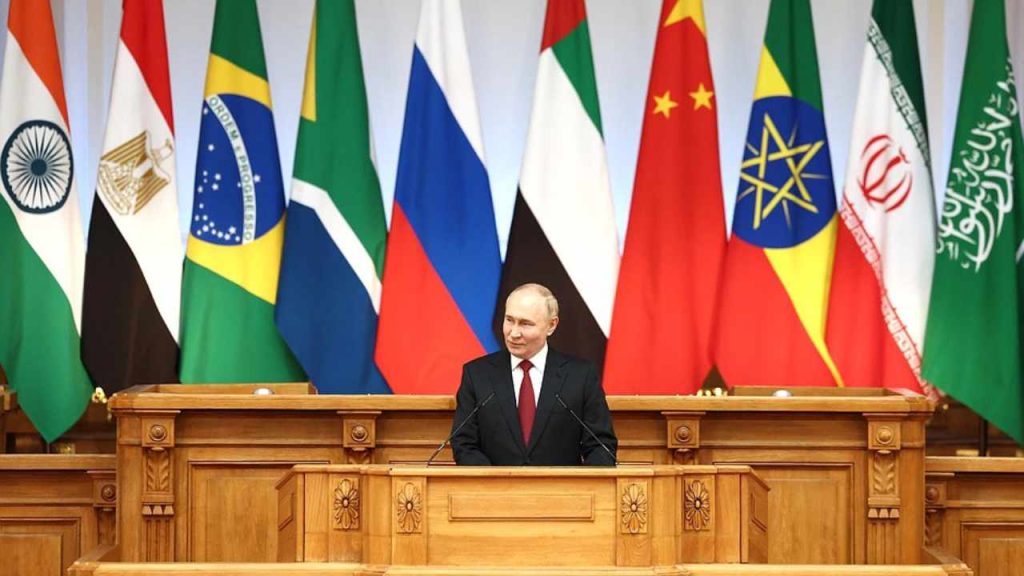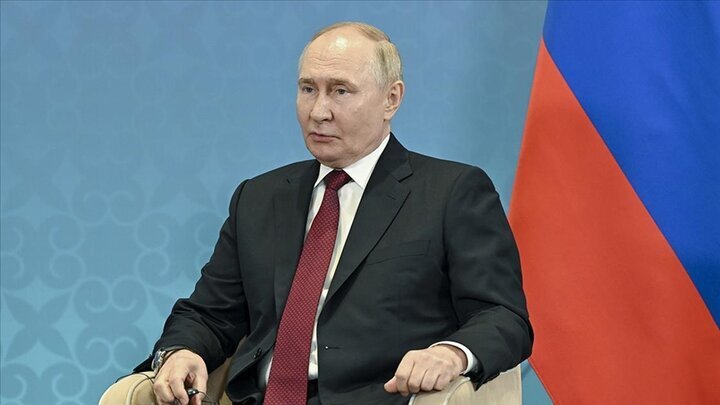Russian President Vladimir Putin has announced his support for the establishment of a BRICS Parliament in what would be Russia’s latest political move to expand its world influence through economic means, following earlier suggestions from India and China. If this proposal ever come to frutition, it would probably be a watershed moment in the history of modern global geopolitics since such news institutions could act as counterweights that challenge currently Western-centric bodies like UN and WTO. More than promoting greater collaboration between these emerging economies, the concept of a BRICS Parliament is to build stronger voice that can articulate better on behalf of developing countries in international forums.
The Genesis of BRICS and Its Evolution
Established in 2009 as a response to the global financial crisis, with their primary goal being mutual development and less reliance on western financial institutions. BRICS is supposed to have matured over the years from an amorphous entity into a more organised forum with annual summits, having set up its own Development Bank and several partnerships. From Brazil — food, Russia – energy, India and IT capabilities technology transfer from China in manufacturing powers as S.A. strategic nexus of agriculture/coals/diamonds etc.— each B-R-I-C-S member has their wdbos dominant strengths march-regress to Cham: Just Follow the Wind … Open Sesame(disposing Goldilocks). Such diversity has made BRICS a major player in the world economy as it brings together large segments of world population and GDP.

Putin’s Vision for a BRICS Parliament
In order to counter the ‘Unipolar World’ Order as advocated by President Putin, his emphasis on a BRICS Parliament is nothing less than an audacious ambition. Witness Professor Sperber’s ideal Congress, which he sees as a tool not only for deeper economic accommodation but political and cultural cooperation among the States themselves. The parliament under consideration would provide a forum to debate common policy issues, from trade disputes and investment climates to security threats or environmental policies. Putin wants to empower the “Big DECRENTALITY” where economic, social and cultural matters are concerned in a concerted front able to speak credibly for G77/Global South.
Potential Benefits of a BRICS Parliament
Benefits of a BRICS Parliament A number of useful benefits may result from the setting up a BRICs parliament. It would first regularize dialogue and decision-making, moving us beyond ad hoc meetings and bilateral negotiation. That will allow BRICS to act with more efficiency and effectiveness on the mechanisms at its disposal, along with the greater unity that member countries can muster in confront global challenges. In the second place, a BRICS Parliament can enlarge this voice and empower its members to influence international foraand negotiations. Such changes could facilitate more democratic governance of global affairs and a change in the current balance between countries from the Global North and nations of the South.
In addition, a BRICS Parliament could enhance economic integration by aligning regulatory standards and norms to eliminate trade barriers as well as increase cross-border investments. The enhanced economic cooperation will not only promote trade and investment among the BRICS country, it could also attract investments including from other developing economies thereby contributing to growth & development. Moreover, through the establishment of a BRICS Parliament, mutual understanding and cooperation will be promote by creating closer political-cultural intimacy whereby conflicts can role free escalating increased sense for conflict-free fraternity common destiny among them.
Challenges and Criticisms
Despite its potential benefits, the proposal for a BRICS Parliament is not without challenges and criticisms. One of the primary concerns is the significant political and economic disparities among the BRICS members. While China and India are economic powerhouses, South Africa and Brazil face considerable economic challenges, and Russia’s economy is heavily reliant on energy exports. These disparities could complicate efforts to achieve consensus and cooperation within the proposed parliament.
Moreover, the political systems of the BRICS countries are vastly different, ranging from China’s one-party rule to India’s vibrant democracy, Brazil’s federal republic, South Africa’s parliamentary republic, and Russia’s semi-authoritarian regime. These differences could pose significant obstacles to the formation of a cohesive and effective legislative body. There are also concerns about the potential dominance of China and Russia within the BRICS Parliament, given their considerable influence and resources. This could lead to fears of unequal power dynamics and the marginalization of the other member states.

The Geopolitical Implications
The establishment of a BRICS Parliament would have profound geopolitical implications. It could serve as a counterweight to Western-dominated institutions and alliances, providing an alternative platform for global governance and cooperation. This could lead to a more multipolar world order, reducing the dominance of the United States and its allies and providing a greater voice to emerging economies and developing countries.
Furthermore, a BRICS Parliament could enhance the strategic autonomy of its member states, enabling them to pursue independent foreign policies and reduce their reliance on Western powers. This could lead to greater regional stability and cooperation, particularly in areas such as Asia, Africa, and Latin America. It could also foster a more inclusive and equitable global economic system, addressing issues such as trade imbalances, debt relief, and sustainable development.
The Road Ahead
The proposal for a BRICS Parliament is still in its nascent stages, and its realization will require significant political will and diplomatic efforts. It will necessitate extensive negotiations and consultations among the BRICS members to address the various challenges and concerns. Additionally, it will require the establishment of robust institutional frameworks and mechanisms to ensure the effective functioning of the parliament.
To achieve this, the BRICS countries will need to demonstrate a strong commitment to multilateralism and cooperation, prioritizing the collective interests of the group over individual national interests. They will also need to engage with other developing countries and regional organizations, building broader coalitions and partnerships to support their vision for a more inclusive and equitable global order.

Conclusion
President Putin’s proposal for a BRICS Parliament represents a bold and visionary step towards enhancing multilateral cooperation and creating a more balanced global governance system. While there are significant challenges and criticisms to address, the potential benefits of such a body are substantial. By fostering greater economic integration, political cooperation, and cultural exchange, a BRICS Parliament could provide a powerful platform for advancing the interests of its members and the broader Global South.
As the world continues to grapple with complex and interconnected challenges, the need for effective and inclusive multilateral institutions has never been greater. The establishment of a BRICS Parliament could play a crucial role in shaping the future of global governance, providing a voice to emerging economies and promoting a more just and equitable international order. The journey towards this vision will undoubtedly be challenging, but the potential rewards make it a goal worth striving for. If you like reading this article then please consider reading our article about Mount Popa.



